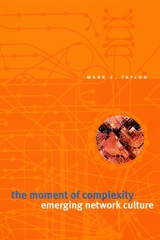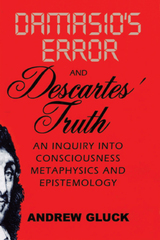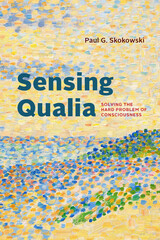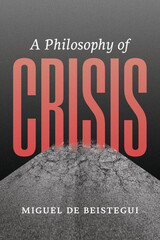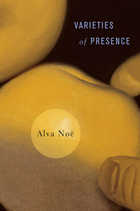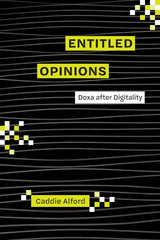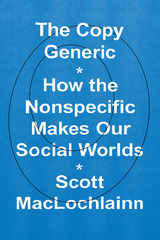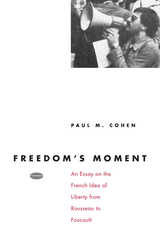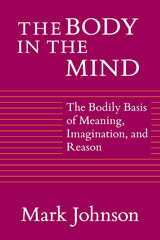Cloth: 978-0-8173-2192-5 | Paper: 978-0-8173-6141-9 | eISBN: 978-0-8173-9495-0
Library of Congress Classification B105.F3A546 2024
Dewey Decimal Classification 111
A landmark rhetorical theory of the formation and functioning of opinions in social media contexts
Entitled Opinions: Doxa After Digitality offers a rhetorical theory of opinions, especially as opinions operate within social media.
Many urgent contemporary issues—from demagoguery to white ethno-nationalism—compel us to consider opinions seriously. Yet while clichés like “he tells it like it is” and newer imperatives such as #BlackLivesMatter seem straightforward, haptics, emoji, and “like” buttons belie unexamined collective assumptions about how opinions in the digital realm function.
Caddie Alford illuminates this function by deploying the ancient Greek term for opinions: doxa. Doxa translates to “opinion,” but the term can also signal seemingness and expectations. Doxa’s capacious meanings reveal opinions to be more than static or monolithic: With doxa, opinions become emergent, dynamic, relational, and pluralistic.
Masterfully combining rhetorical frameworks as well as scholarship on opinions and digital media entanglements, Alford puts opinions into conversation with such case studies as algorithms, infrastructure, digital illiteracy, virality, and activism. She shows how “doxa” reveals gradations of opinions, from more reputable to less reputable. She demonstrates that these gradations are multifaceted and susceptible to interventions.
Entitled Opinions sheds much of the baggage associated with opinions while opening up more fertile pathways of inquiry. In a world that says, “don’t read the comments,” this book reads the comments, taking seriously content that could be easily dismissed otherwise and alchemizing judgments into implications.
See other books on: Facts (Philosophy) | Public Policy | Rhetoric | Science & Technology Policy | Social media
See other titles from University of Alabama Press

